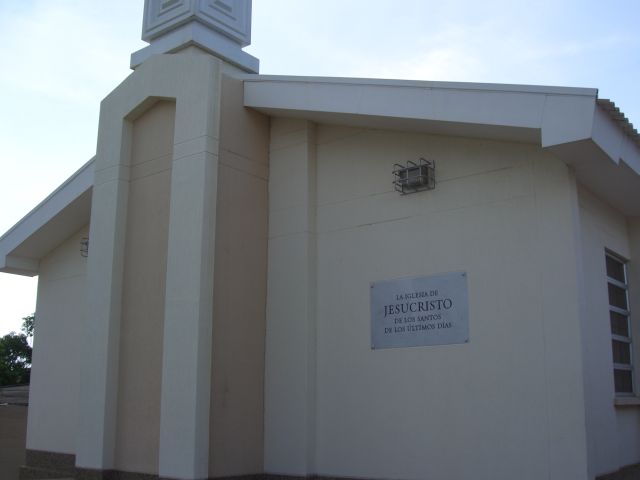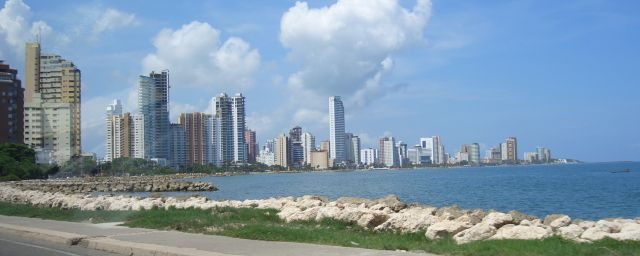Sunday, July 27, 2008
We did our first full training for auditors in Cartegena. Miguel Angel was with us and did the training while we watched. Next week in Duitama Darwin does the training and Miguel watches. The systems for handling church funds are a little different in this area than they are in the US because they have a cash economy. People do not use checks. They pay their donations in cash and when there is an activity that requires supplies they do not have enough liquid funds in individual families to buy the supplies and then get reimbursed after they turn in a receipt. They need to get the cash up front and then go get the items needed and then bring in the receipt (this is also hard because reciepts are not routinely given) and return any of the unused advance. As a result there are different accounting procedures in place and the twice yearly audit looks for some different things. Boring as it sounds Darwin’s job is to make sure that generally accepted accounting procedures are used and followed and that the auditors are trained in exactly how things should work so that any variation in procedures that could result (or has resulted) in the misuse of the scared funds of the church can be found and fixed. That is a harder task than you think when you realize that the church is relatively new in these countries. There are many very young leaders. We are working with stake presidents under 30 and stake finance clerks who are barely off their missions (or who haven’t gone yet). Or ward clerks who have only been members for 6 months. Turn over is high. A person may serve as a clerk for a year and then be called into a bishopric for 2 years and end up as a bishop for 3 years and then be called as a stake president. (not an unusual occurrence). It is hard to get seasoned priesthood leaders. You just get one bunch trained and they turn over. Also the church is growing so fast that young congregations have a hard time having the kind of experienced leadership they need to learn the administrative procedures that they need to function in their positions. (yes this is plea for more senior missionaries. You would be surprised at how much you could contribute just by being available with the wealth of experience that you have. — How does the primary work? How do you organize a Relief Society enrichment night. How do you teach a lesson. How do you handle the funds of the church. How do you conduct a meeting. How do you lead the singing. Different places need different things and their are some wonderful skilled leaders but the depth of leadership and the subtleties of administrative function are in need of help. All the emerging areas of the church are in the same boat. Africa, Turkey, Mongolia, South East Asia, Russia and others. If you are approaching retirement and want a great experience using your experience in new and different ways, call the senior missionary department and asked what you can do.
Below are some of the pictures I took in Cartagena.
Coming in from the airport along the beach
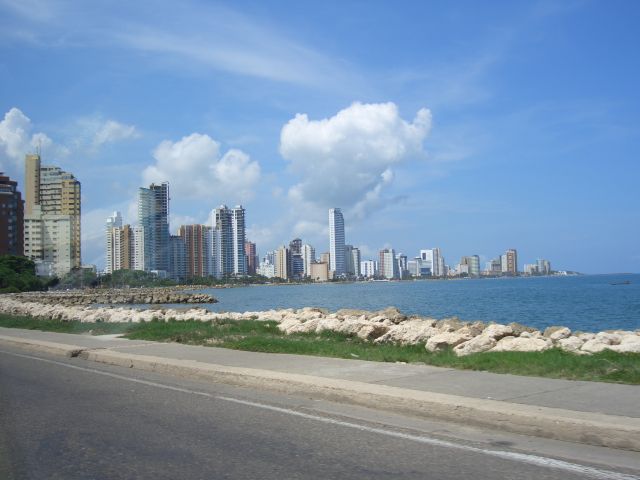
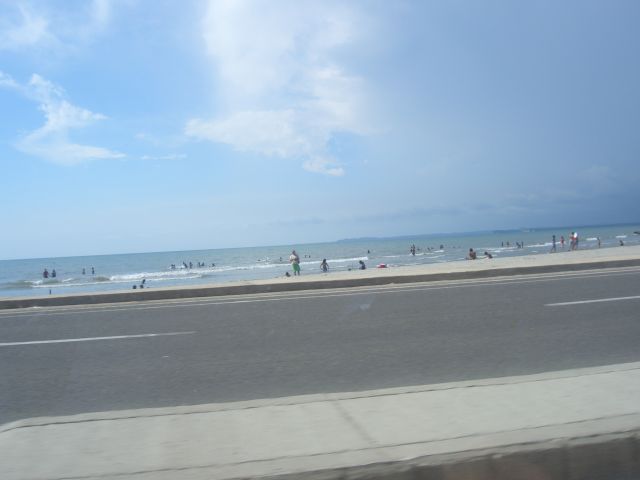
Down the block from our hotel
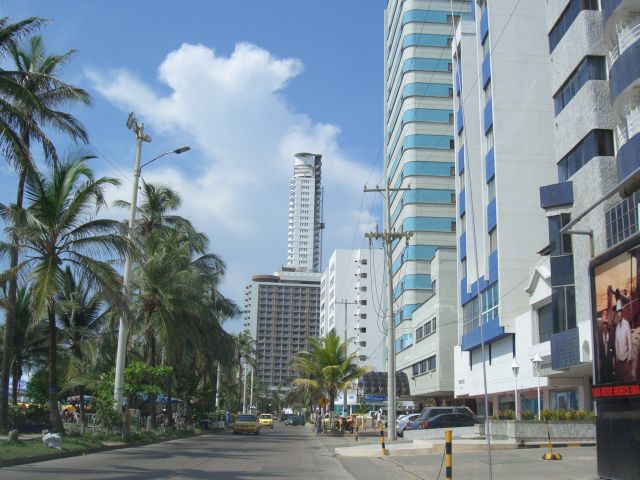

Old Historic Cartagena. Cartagena is definitely a tourist town. However, it is also a the major exporting port for Colombia so there are huge shipyards. Cartagena away from the tourist area is like any Colombian town. Street venders and small shops everywhere and incredibly happy people. It is hot (really hot) in Cartagena. The taxi’s are all air conditioned which I really appreciated. However, I was glad to get back to the perpetual spring like weather of Bogota.
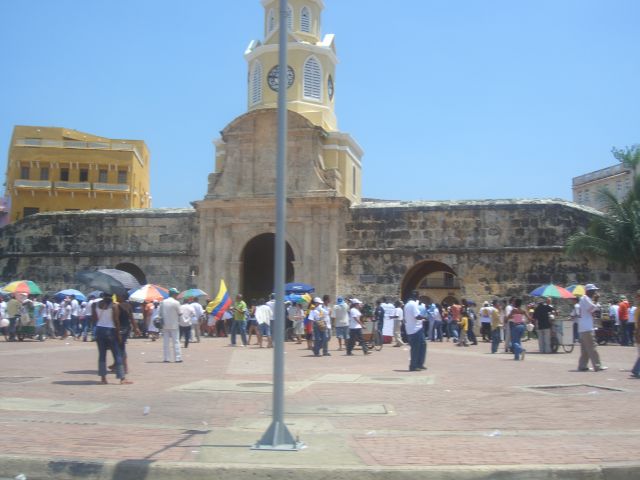
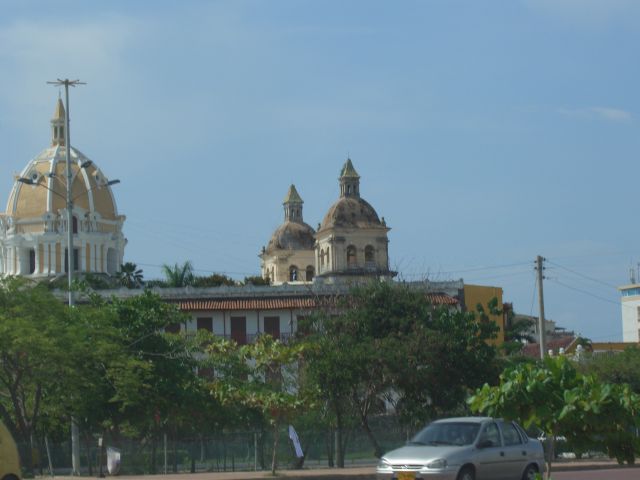
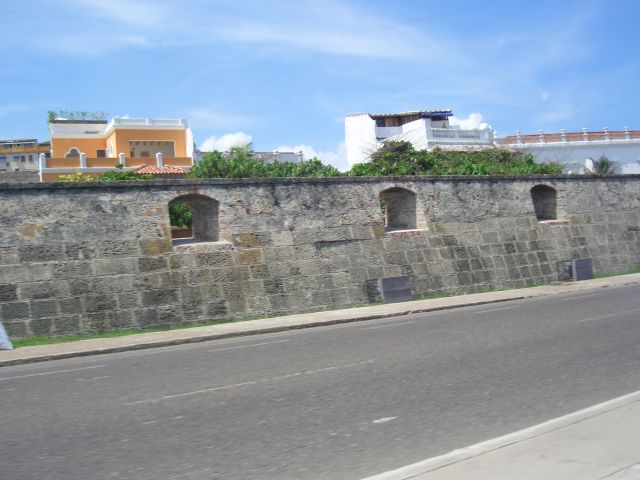
The beaches


Typical Market from the back streets of Cartagena while we were looking for the chapel
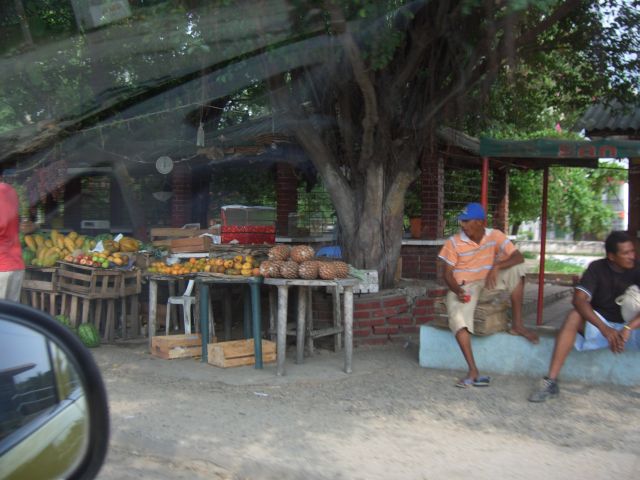
Flowers at the hotel

A Food court in an area away from the beach Saturday night after the training.
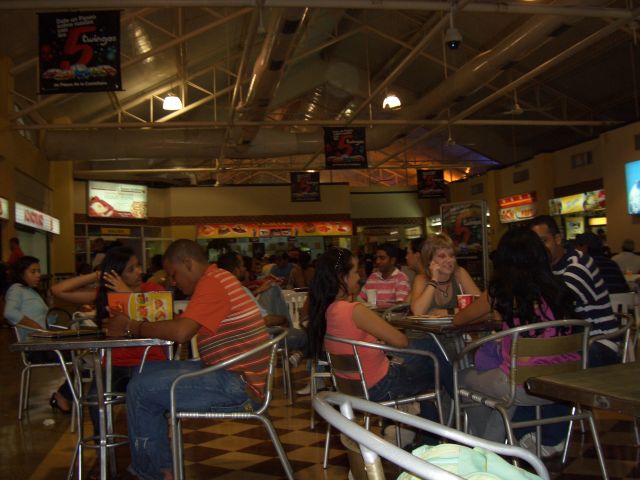
Nicer neighborhood in Cartagena
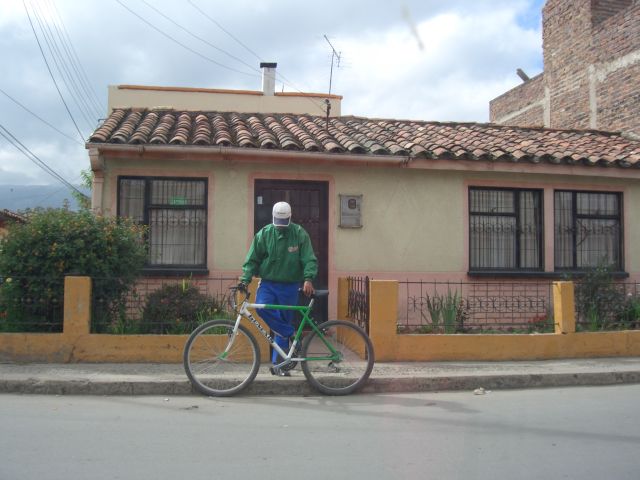
Bicycle Taxies in just like in Bogota
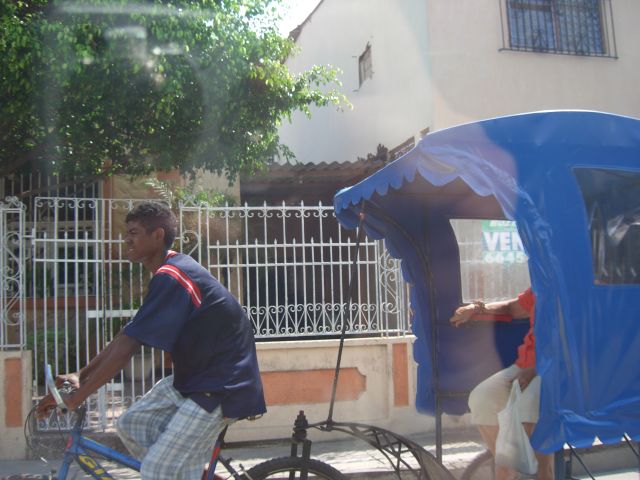
One of the Chapels in Cartagena. There are two stakes in Cartagena. I don’t know how many wards. We visited two chapels but there are more.
